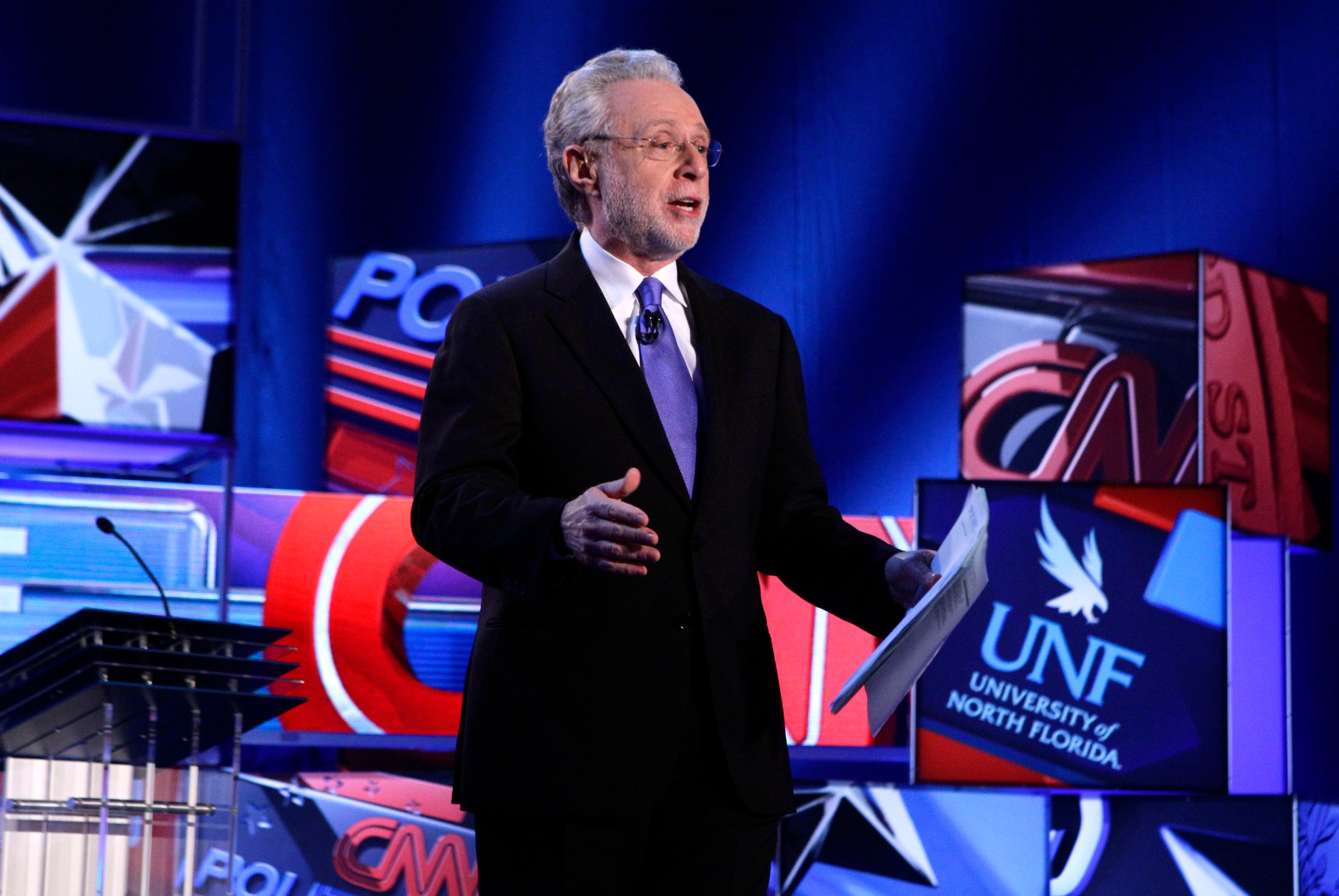
Get ready: The first Republican primary debate is just eight months away, the Republican National Committee announced Friday, along with the calendar for the first nine debates of the 2016 cycle.
Republican candidates participated in more than 20 debates in the 2012 election cycle, which the national party credited with weakening eventual Republican nominee Mitt Romney. After conversations with media partners and candidates, the party announced that it has decided on 12 debates for the 2016 cycle, the first in August in Ohio, likely in Cleveland, where the party will host its national convention on July 18-21, 2016.
After the first debate, the RNC is planning on one debate each month through January. After the Iowa Caucuses, the RNC plans for three more debates in February, with two more in March.
“This schedule ensures we will have a robust discussion among our candidates while also allowing the candidates to focus their time engaging with Republican voters,” RNC chairman Reince Priebus said in a statement. “It is exciting that Republicans will have such a large bench of candidates to choose from, and the sanctioned debate process ensures voters will have a chance to gain a chance to hear them.”
Under RNC rules adopted last year, Republican candidates will only be allowed to participate in the RNC-sanctioned debates if they forswear attending unsanctioned ones, ensuring there won’t be a repeat of the 2012 process.
RNC Communications Director Sean Spicer, who has coordinated the effort for the RNC, said precise dates for the debates will be announced in due time, once negotiations with venues are completed. Spicer said that Republican candidates have been “huge champions” of the effort to curtail the frequency of debates, which require candidates to take time off the trail fundraising and meeting voters in order to prepare.
Spicer said the networks will have final say on the eligibility criteria for each debate, expected to be key factor with an expected crowded field of candidates, but said that the RNC stressed that the viability threshold for later debates will be tougher than those earlier in the process.
Spicer told reporters there would be conservative media partners and panelists for the debates, but said networks would retain editorial control over them. He wouldn’t say whether conservative media participation was a prerequisite for hosting a debate, but said it was always the plan that an “element of conservatism be brought into these debates in some shape or form.”
The schedule:
1. Fox News: August 2015, Ohio
2. CNN: September 2015, California
3. CNBC: October 2015, Colorado
4. Fox Business: November 2015, Wisconsin
5. CNN: December 2015, Nevada
6. Fox News: January 2016, Iowa
7. ABC News: February 2016, New Hampshire
8. CBS News: February 2016, South Carolina
9. NBC/Telemundo: February 2016, Florida
Pending
10. Fox News: March 2016
11. CNN: March 2016
12: Conservative Media Debate: TBD
More Must-Reads from TIME
- Cybersecurity Experts Are Sounding the Alarm on DOGE
- Meet the 2025 Women of the Year
- The Harsh Truth About Disability Inclusion
- Why Do More Young Adults Have Cancer?
- Colman Domingo Leads With Radical Love
- How to Get Better at Doing Things Alone
- Michelle Zauner Stares Down the Darkness
Contact us at letters@time.com